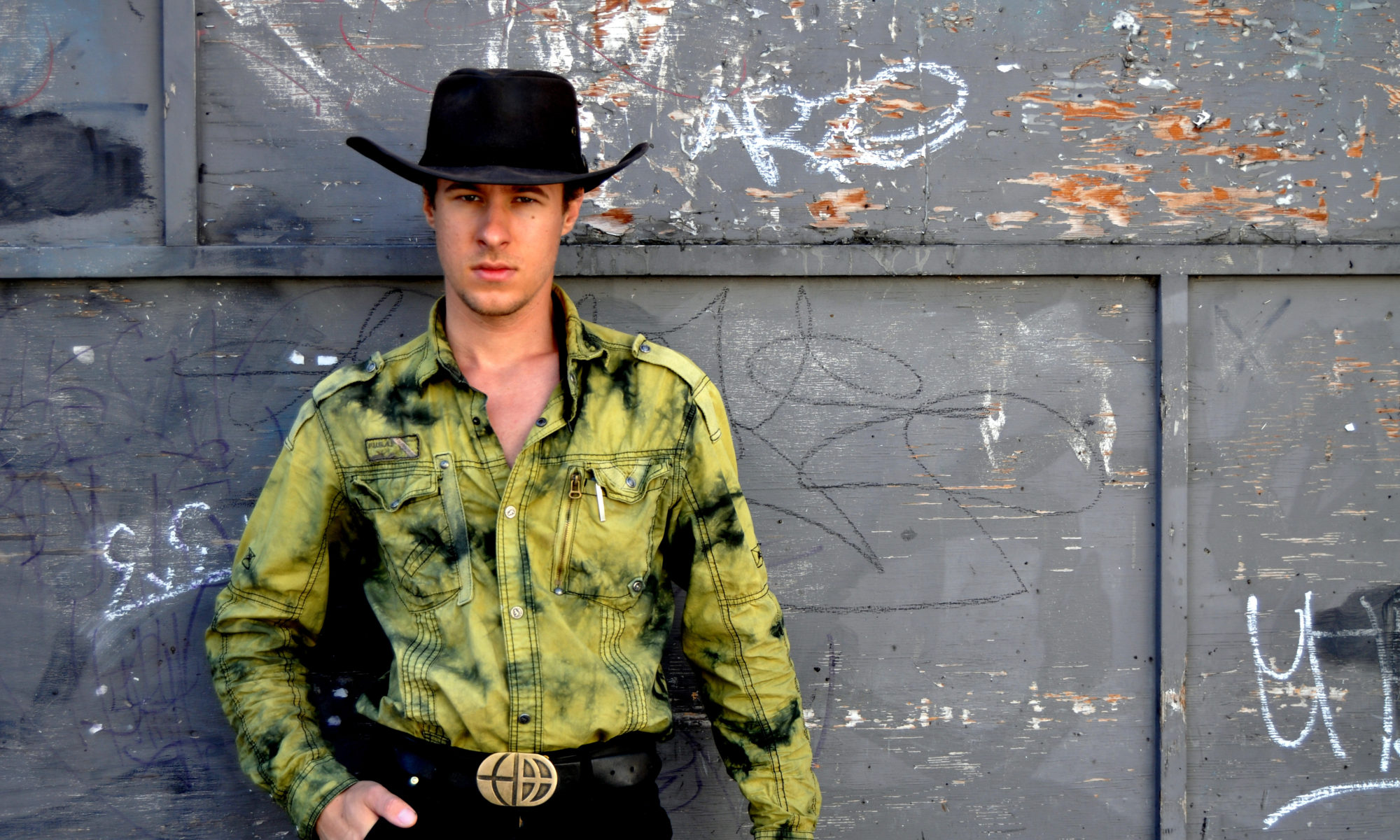I only come with kindness, compassion, gentleness, integrity, truth, love and presence.
I shall let you lead.
I shall not have attachment, expectations, future thinking, or spiritual cords towards you.
Only peace and harmony.
I would like to know how you are doing, what your journey has been, and if you need anything. Also curious about your thoughts about global circumstances.
Let me give gratitude. I am overjoyed to have an opportunity to hear your voice.
My life has changed in ways that have never before happened in my life. New town, new environment, new plants, new community, new friends, new career, new art forms, new ways of relating, new ways of being.
The level of alignment, synchronicity, premonitions, magic and beauty in my life is constant and profound.
The reality I live in has particular access to edge magic of concrete and dream realm. That of fluid reality of infinite manifestation. I have become more deeply acquainted with my own magic in ways I have only just begun to explore.
The right people come into my life and the wrong people exit with ease and peace.
We live in a world in transition. I believe there is a split happening. One direction is harmonious evolution and the other is it’s opposite. I choose harmonious evolution.
Vibrations penetrating cells.
Organizing quantum.
The field repairs itself as spring grass and the flatness of water.
Languages abound.
The bark on trees.
The way birds act as one.
The spiraling currents of a mountain stream.
Patterns and reflections.
Light casts shadow.
Our hands change according to intention.
Precious is our attention.
Water etches canyons.
Time etches wrinkles.
Fluidity.
Heart beats.
Stillness reveals the ephemeral.
And I stand in the trees watching the moon and clouds.
Buzzing interplay of this and that.
Of you and I.
Us and them.
Up and down.
Past and future.
Particles of sand.
Wind and mountains.
Butterflies and birds.
Grass and buffalo.
Winter Spring Summer Fall.
Pendulums in all directions and states.
A coin at rest and spinning.
I snap my fingers.
I clap my hands.
A new reality is born.
Tunnel of darkness.
Prisms of color refractions.
The space between.
Between red, orange, yellow, green, blue, purple and so on.
Fragrant plants remind us.
Dancing without sound.
I make waves.
As the raindrop drips from a lead to a still pond.
Pupil to pupil.
Let me see you.
Cannot deny what I know. What I see, feel, hear. What I sense.
The transparency of the soul.
S I L E N C E.
As I observe. Receive. Reception. Spiritual digestion. Take the time. Expand. Slow.
Grasp now and observe the most beautiful flower.
Ahhhhh ——
Sounds expressed while drumming, dancing or loving.
Authenticity.
A language of the deepest truth cannot be forced.
I speak in tongues only when spontaneous.
I speak gibberish if asked to repeat.
A laser of consciousness escapes my body as if lava from volcano forming new land.
Let me a leaf upon the wind.
On my left hand is darkness.
On my right hand is lightness.
I stand between.
A doorway behind me as past and in front is future.
I stand in the threshold.
I die and birth every moment.
Contraction and expansion simultaneously.
Reference drawing for following…
Unfurling of fern.
My heart beats in three.
Triangle of time.
Instantaneous cycles.
Aboveground and underground.
Time.
Growth and entropy.
How sensual the raindrop.
Out.
In.
A drawing of me standing on landscape with deep roots spreading underground.
Look yonder and see the vastness that is beyond yourself and is yourself.
~
The white blocks in vast white space represent the building blocks of manifested reality before they have manifested.
This secret / hidden space is the stem cell of reality. It is the space between ephemeral dream and crystalized reality. The other kids are other people who have access to this space. It is accessed from child self. It is a playful curious place beyond normal logic and understanding.
What is there to say when everything is white / light.
This recurring childhood dream represents my ability to access the foundational yet unformed elements of reality. My ability to manifest. To see the foundation.
Creativity of all forms is my purpose.
The blank canvas and silent space which allows the spore of inspiration to grow.
I dig my own well.
Like this:
Like Loading...

